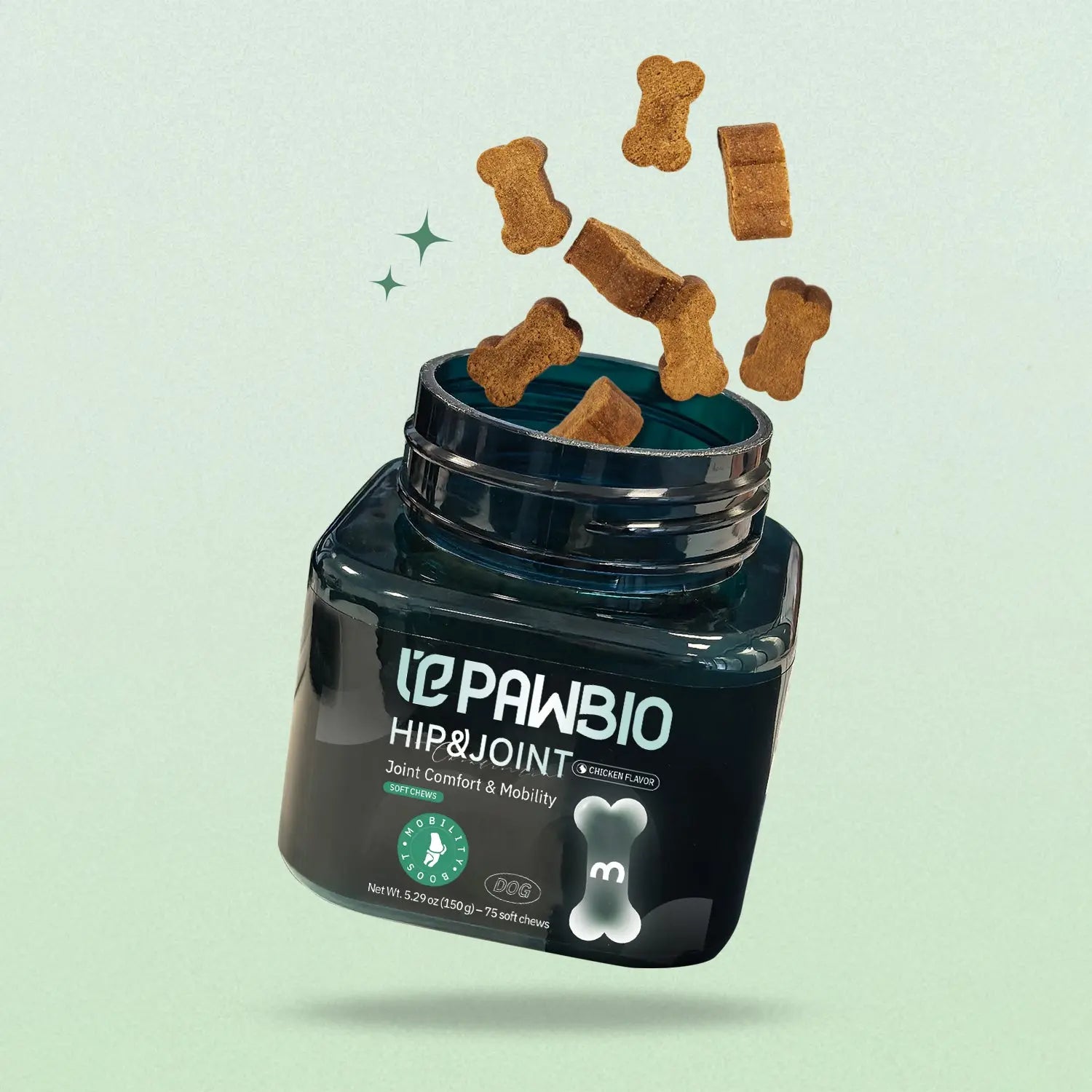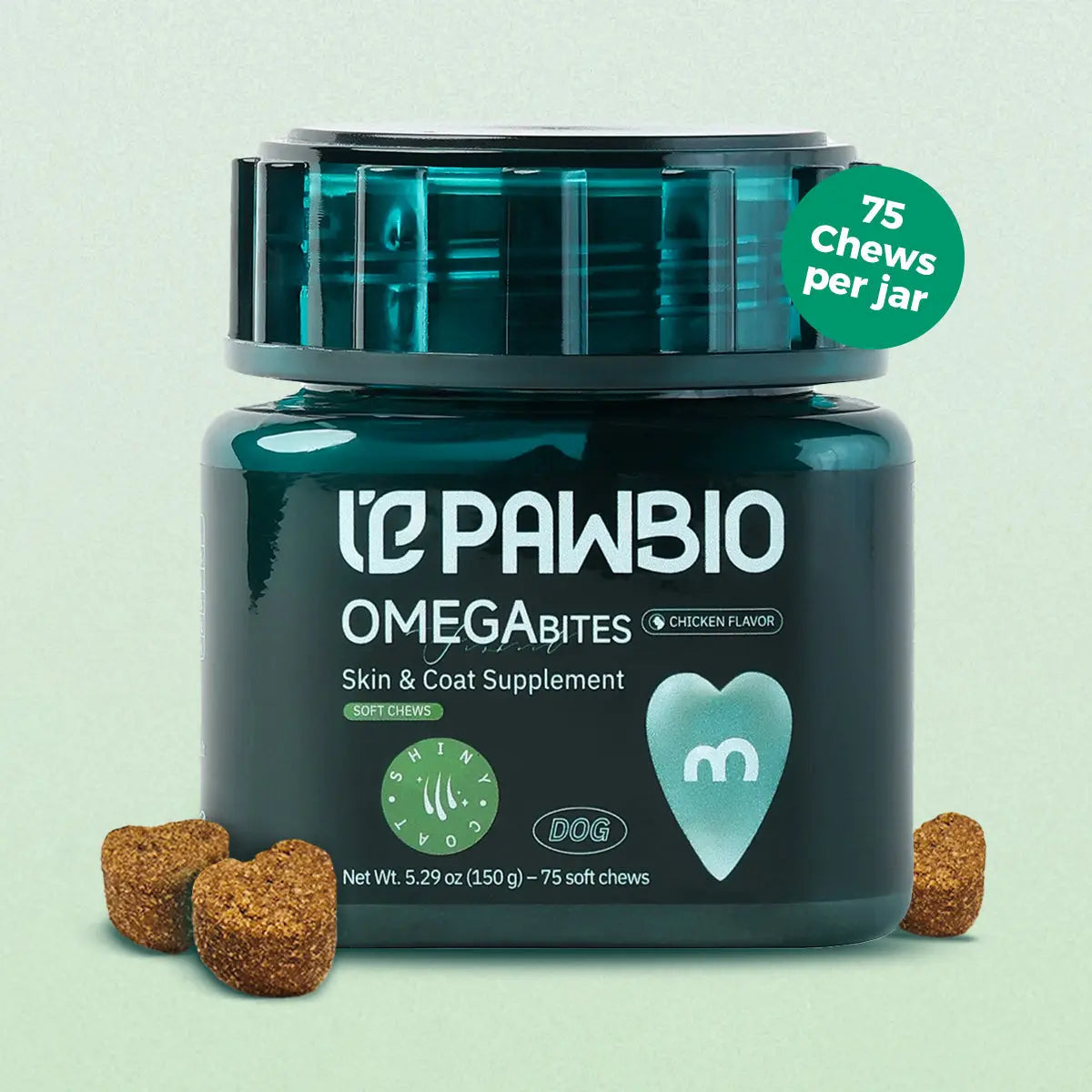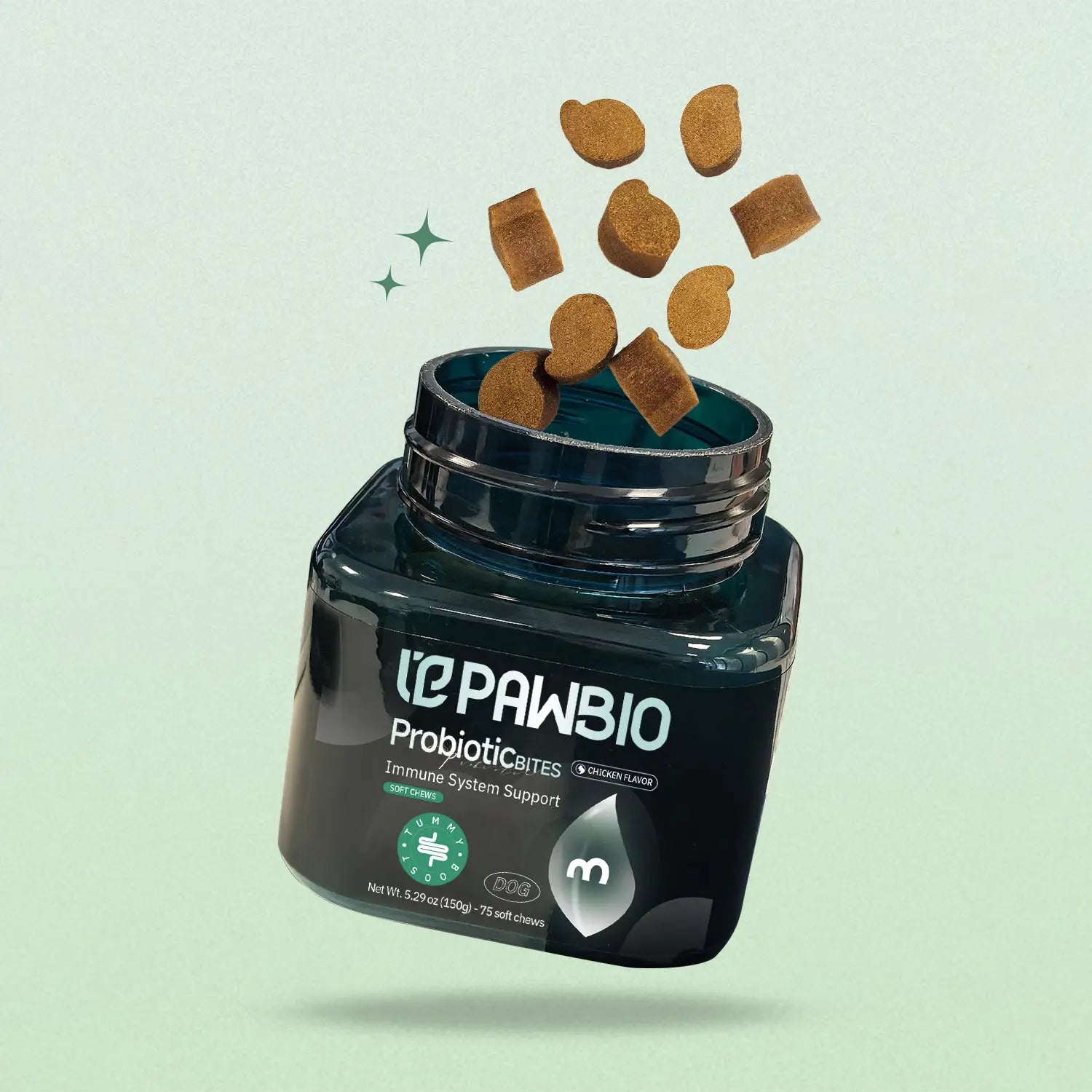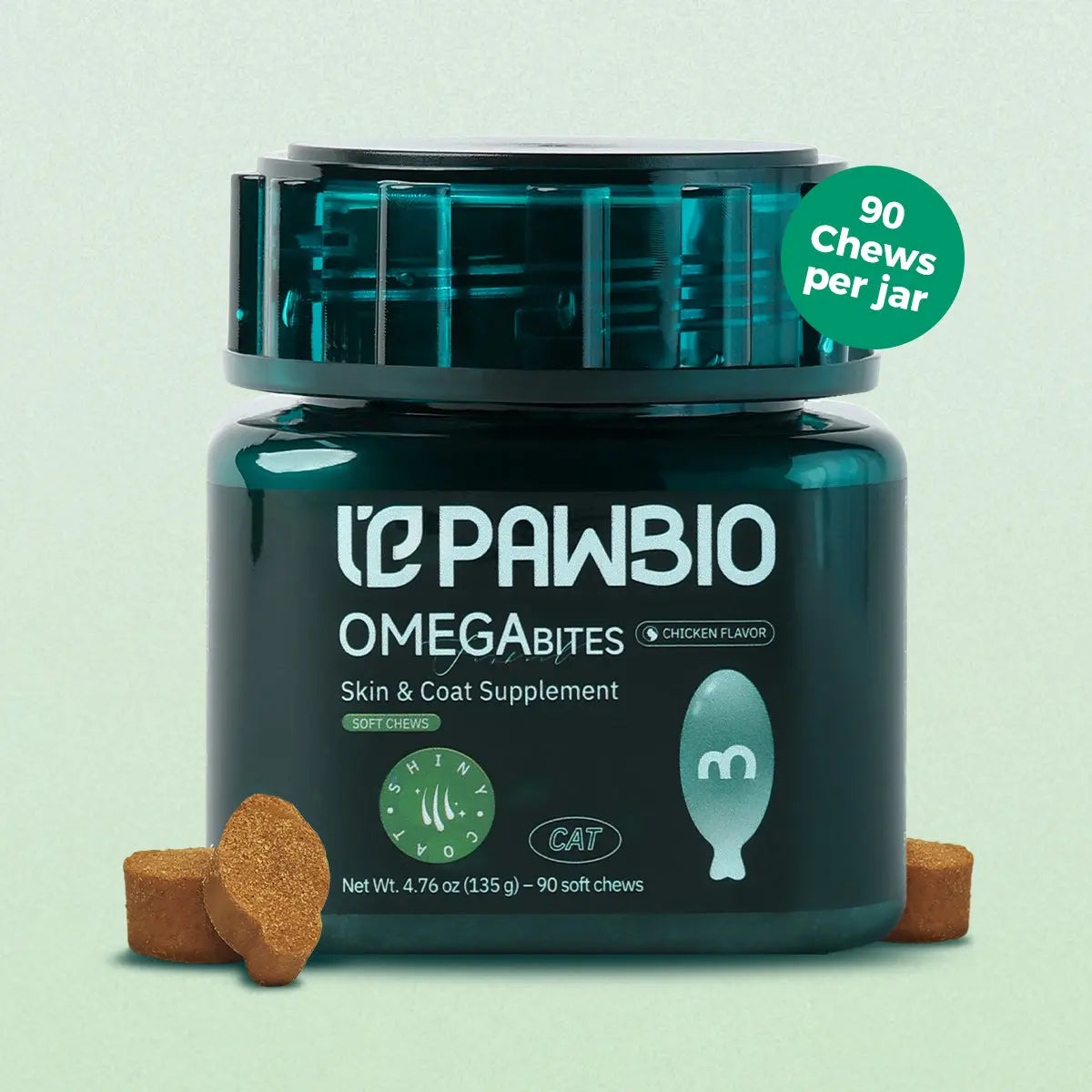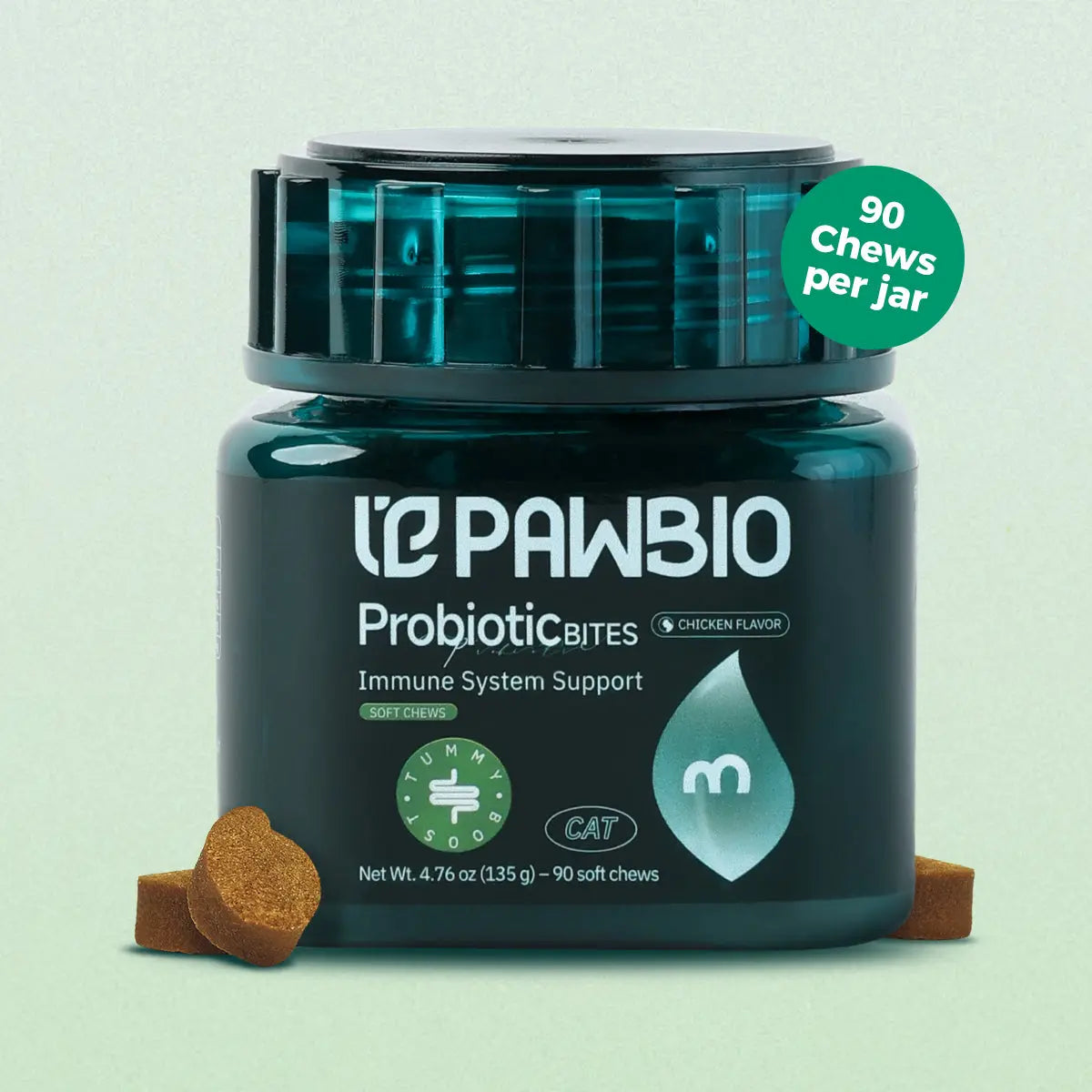By Dr.Sophia Martinez
Pet Supplements at Different Life Stages: Keeping Your Pet Healthy from Start to Senior

🐾 1. Young Pets (0–12 months): Building a Strong Foundation
-
Probiotics: Promote gut balance, especially during weaning or after vaccines.
-
DHA (Omega-3 fatty acid): Aids in brain and vision development.
-
Multivitamins: May help fill nutritional gaps for underweight or rescue animals.
🐕 2. Adults (1–6 years): Maintaining Health & Energy
-
Omega-3s (Fish oil): Support healthy joints, skin, and heart.
-
CoQ10: Supports energy production and cardiovascular health, especially for active or large breeds.
-
Skin & Coat Support: Biotin or zinc-based formulas can reduce shedding and keep coats shiny.
🐾 3. Midlife (7–10 years): Early Aging Support
-
Joint Support: Glucosamine, chondroitin, and MSM can protect cartilage and relieve stiffness.
-
Digestive Enzymes: Help older digestive systems absorb nutrients more efficiently.
-
Antioxidants: Ingredients like vitamin C, turmeric, or green-lipped mussel help combat aging-related cellular stress.
🐶 4. Senior Pets (11+ years): Comfort & Quality of Life
-
High-strength Joint Support: To maintain mobility and relieve discomfort.
-
Cognitive Support: Ingredients like SAMe, ginkgo biloba, or B-vitamins may help keep your pet mentally sharp.
-
Organ Support: Milk thistle and omega-rich blends can support liver and kidney function.
Choosing Supplements Wisely
-
Veterinarian-formulated products
-
Third-party tested for safety and effectiveness
-
Free from artificial fillers or harsh preservatives
-
Tailored by species (dog, cat, bird, reptile) and life stage
Final Thoughts
References
-
American Veterinary Medical Association. (2022). Pet care: Life stages of dogs and cats. Retrieved from https://www.avma.org
-
PetMD. (2021). Do dogs need vitamins? Retrieved from https://www.petmd.com
-
VCA Animal Hospitals. (n.d.). Nutritional supplements for pets. Retrieved from https://vcahospitals.com
-
National Animal Supplement Council. (n.d.). Understanding pet supplements. Retrieved from https://nasc.cc

